MFX Broker has been in turmoil since around mid-2016. The case remains unresolved until now. Find out how it happened and what can we learn from it.
The world of forex trading seems to be haunted by many cases of frauds who rip off traders and investors' money. These scammers would suddenly disappear and stop responding to their clients once they manage to steal the fund.
Over the years, regulatory agencies have tried to monitor and hinder their activity by applying stricter rules. However, scam practices are still quite common in forex trading to this day. While most of the victims are novice traders who still don't understand how to choose the right broker, experienced traders can also get caught up in fraudulent acts. So, it is crucial not to underestimate this risk.

Since around mid-2016, MFX Broker has been in turmoil and was strongly suspected of being a scam. Many traders who were previously MFX customers stated that their withdrawal requests were rejected ored for months. They've tried to contact the broker many times via email and live chats, but there was no response.
As background information, MFX Broker was initially established in 2006 under the name MasterForex with a license from IFSC Belize. Some years later, the company rebranded as MFX Broker without renewing its license. MFX Broker is a part of the MFX Group that was founded by Igor Volkov. This broker had become quite popular back then until November 2016 when the first case surfaced. There was an influx of negative reviews from the traders who had difficulties withdrawing their funds, while the company did nothing to help them. How did this happen?
The Chronology
Essentially, the case can be traced back from 2015, but not much has been revealed back there. In April 2015, the name MFX Broker was one of the top discussions on the Forex Peace Army (FPA) website because it offers an investment program with a fixed yield ranging from 3% per month to 100% per year.

Clients simply have to deposit funds, and then they could sit back and earn interest regularly without having to trade or analyzing the market. However, this investment program looked suspicious because the broker could not provide an audit report to prove that it was not a Ponzi scheme. Later, the FPA suggested the traders not trade with MFX Broker unless these doubts can be resolved.
See Also:
On November 16th, 2015, IFSC Belize released a warning notice stating that MFX Broker Inc. is no longer licensed and warned all investors to be careful. However, this news didn't significantly impact the broker because the MFX insisted that this was only temporary. MFX Broker stated that they would still be regulated in Belize but under a different name - Master Services Inc. Still, Master Services Inc. turns out to be unregistered as a licensed broker under the IFSC.
During this period of the year, MFX Broker sponsored a training event in Georgia, held by a convicted securities fraudster, Jordan Belfort (also known as the Wolf of Wall Street). According to the FPA, MFX specifically focused on how successful Jordan was at his business, not mentioning the millions of dollars he stole from his victims a couple of years back. This has attracted a lot of criticism from traders around the globe.
Around June-July 2016, traders began to experience withdrawal difficulties. Some traders could still withdraw their funds, but it took a really long time. MFX Broker was then accused of scam, but instead of explaining what really happened, the MFX Center blamed their IBs, the payment service providers, and the Exchangers.
In September 2016, there are a total of three guilty voting results in the FPA Traders Court against this company. Two of them are related to the MFX Capital Program. Since then, the number of failed withdrawal claims has spiked, including forex traders with standard accounts.
Later in 2017, the CEO and owner of MFX Broker Igor Volkov and his assistant Margarita Zhiznevskaya were declared wanted by Georgia's financial police. Apparently, Georgia's law enforcement bodies were investigating a large-scale scam case with these two being the primary suspects.
The proceeding was initiated under the article "Misappropriation and embezzlement committed by a group of people on preliminary conspiracy on a very large scale", implying 7 to 11 years of prison time. However, the case is still unresolved to this day, with Volkov vanished into thin air while Zhinevskaya continued promoting financial events and promos on behalf of Master Services (MFX).
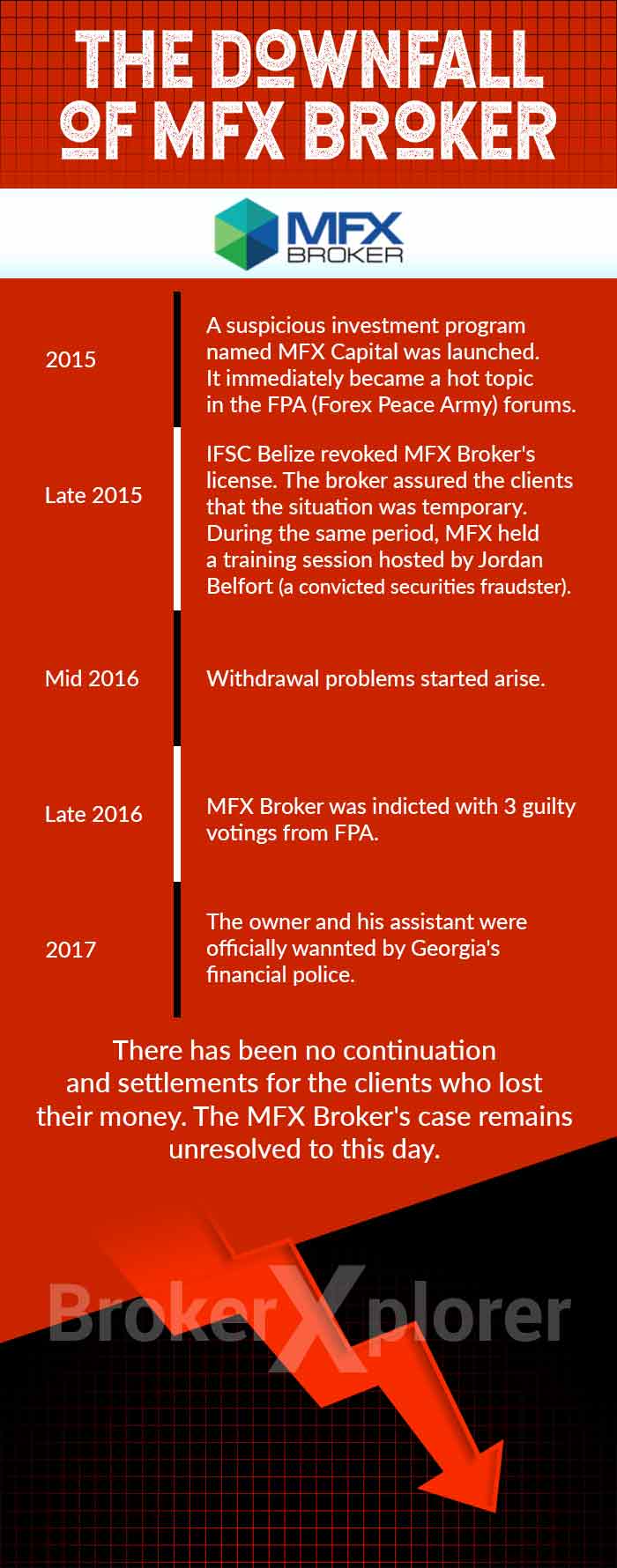
Now you may wonder why IFSC Belize seemed to do nothing about this since the very beginning and not imposing any strict punishment against the broker. Although the institution clearly stated that they no longer licensing the MFX Broker, but note that the IFSC is not a strict regulator in the first place. The IFSC, as the former financial regulator of MFX Broker in Belize, is an offshore regulator that places only little emphasis on compliance-checking and has never defended the interest of clients of forex brokers under its jurisdiction.
See Also: Forex Brokers in Belize
The IFSC is popular and attracts many brokerages because they skip complicated and costly procedures. This is why many brokers, under its regulations, including MFX Broker, could easily hide their true nature and got away with scams and illegal practices. Compared to trusted authorities in other countries like the UK or the US, the IFSC, unfortunately, has a low standard of security and lack the necessary requirements to ensure clients' fund safety.
Lessons Learned from the MFX Broker Case
1. Double Check the Forex Broker's Regulation
The number one lesson that you should remember is to always monitor the broker's regulatory status. It would be best if you regularly visited the warning section on your broker regulatory body's site to make sure there are no cases against your broker, especially if you work with a broker regulated by offshore entities like the IFSC.

It would be much better if you choose a broker that is regulated by bona fide regulatory agencies such as ASIC and FCA. Should you can't avoid trading in an offshore-regulated broker for certain reasons, you have to be more cautious and minimize the risk of losing money by keeping the deposit low (under 1,000 USD). Don't forget to withdraw your profit regularly; do not let it accumulate in your account.
2. Avoid Fixed and High-interest Investments
As traders, surely we've heard of the "High Risk, High Return" principle. So, according to that logic, how could anyone get a high return while sitting down and doing nothing? Please take note that successful traders are capable of earning high profits because they work hard and plan their trading well.

Although it sounds highly convenient, it is what it is. If your broker suddenly offers a fixed and high-interest investment program, don't be tempted. Instead, immediately withdraw funds from the Ponzi-indicated broker and start to research the trading prospects in other brokers.

 Dedicated FREE FOREX VPS
Dedicated FREE FOREX VPS Free FOREX Virtual Private Server
Free FOREX Virtual Private Server MT4 Demo Contest, Get $500
MT4 Demo Contest, Get $500 Sign Up for an Account, Claim 60% Deposit Bonus
Sign Up for an Account, Claim 60% Deposit Bonus Free MT4/MT5 VPS 2024
Free MT4/MT5 VPS 2024 Send E-mail and Get Free Merchandise
Send E-mail and Get Free Merchandise $1K Refer a Friend Bonus for Pepperstone Pro clients
$1K Refer a Friend Bonus for Pepperstone Pro clients Maximize Your Earnings with 100% Deposit bonus
Maximize Your Earnings with 100% Deposit bonus Trade to Win, $5,000 Monthly Demo Contest
Trade to Win, $5,000 Monthly Demo Contest Claim 30% + 15% Deposit Bonus from LiteFinance
Claim 30% + 15% Deposit Bonus from LiteFinance
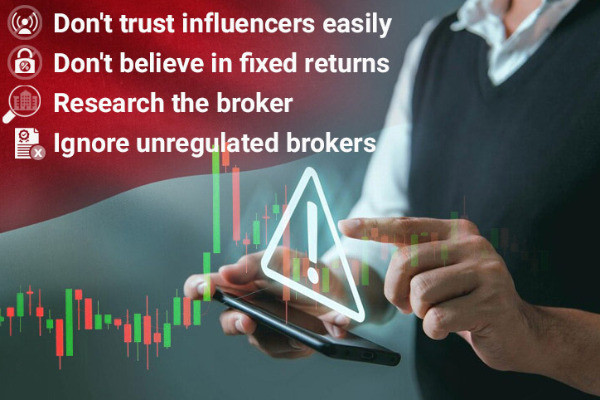
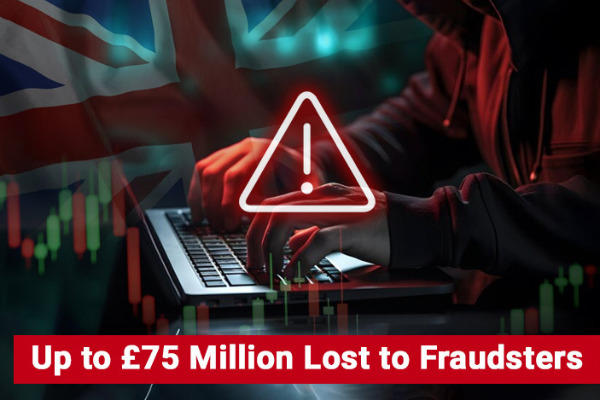
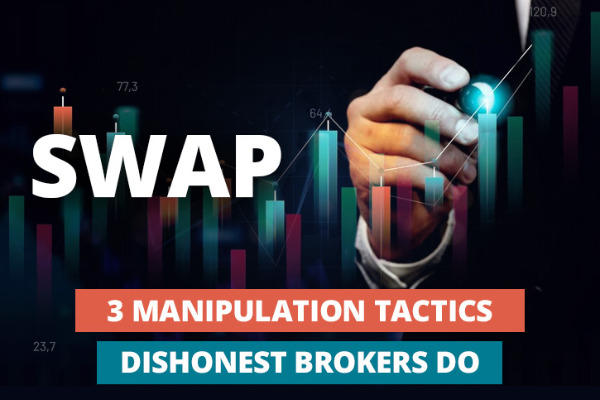
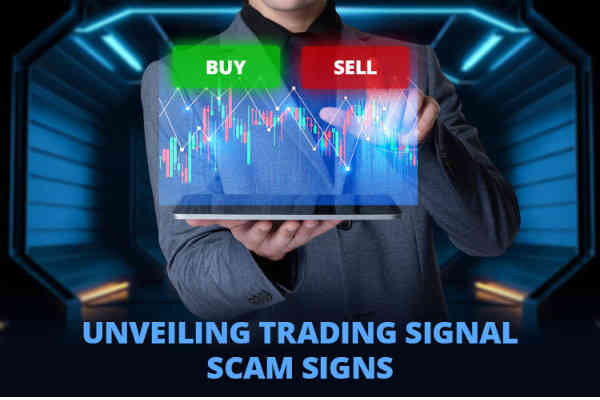
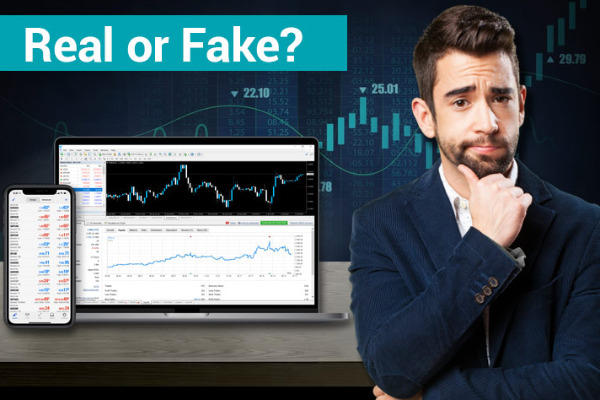
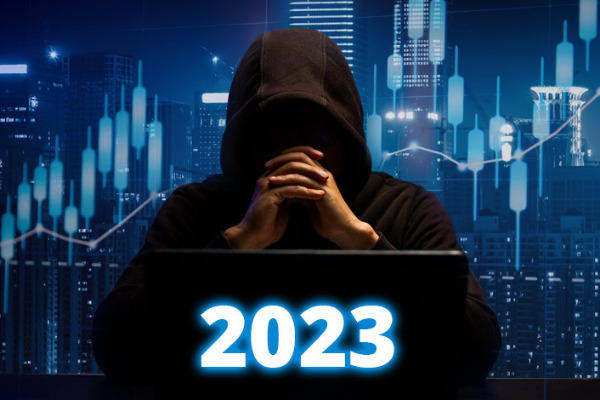






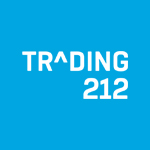






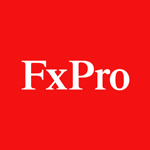











7 Comments
Sandy
Feb 12 2023
I
In my opinion, the weak body regulator is also the body regulator. At least he could recognize the naughty broker and released the warning. At least, with this warning, we as trader can avoided scam broker as well. And what I see in the article above is the license. As you can see, when the broker changed its name. This means that the payment has to be re-claimed and the procedure for receiving the payment has to be done again. However, in the article it is said that MFX, formerly known as MasterForex, changed its own name without renewing its license. Without registration, this means that IFSC Bellize is also unable to monitor and monitor the activities of the MFX.
And as trader, we really need to check the licensed, is it real or fake too. And not rally on the license details of the website broker
Gererd
Feb 12 2023
bro, case above is about fake license, right? I mean based on the circumstances where the broker is supposed to be regulated only in IFSC Bellize. Meanwhile, many brokers are regulated in many countries. Is there any case at many regulated brokers that could scam their traders?
I mean if I see a broker that only regulates in one country and that regulator is also weak, I will definitely avoid it. But what if MFX is regulated by another very strict regulator? What laws may apply, and what kind of compensation can the trader receive if he is a foreign trader?
Justiunus
Feb 12 2023
Gererd: In fact, brokers that are licensed by a strict regulatory body like ASIC, for example, never engage in scam cases. First of all, you should know that a strong regulator will allow the broker to be regulated if they can meet some conditions like:
You can read the regulation term of ASIC in here ASIC Regulation.
What if the broker is a scam? That is not possible, if the broker-dealer (non-scam) law allows for example a higher leverage than allowed. The broker will face heavy penalties by paying fines and at worst being forbid to operate and the license will be revoked. What about traders outside the regulated country? There seems to be no solution as if you are dealing with offshore brokers it means that all the laws that protect traders will not apply. Read here : Trading in Offshore Brokers : Pros and Cons
Jennifer
Feb 12 2023
How can we tell if Forex is a scam or not if they offer PAMM trading method. I mean, with PAMM you just deposit your money and it automatically generates profits. Meanwhile, in this case, the method they use to scam traders also uses the same mechanism. And most of the regulated brokers today use the same method to earn a trader without any action to make a profit.
I think the best choice for trading is with our local broker. If you are a US trader, just use a US Broker because if anything happens, at least you know the office. Or at least you can visit this place, to find out who the broker takes your money. As I know, many traders will visit the broker first.
Leon
Feb 12 2023
Jennifer: This is the fixed income that the broker promises. I mean, never trade with brokers even if they are regulated by the strongest regulatory body if they offer fixed returns.
As you know, trading in many ways, including traditional trading, buying/selling everything, does not give you a fixed profit. So sometimes the profit will be higher and sometimes you can lose either. In PAMM, profit and loss will occur. Yes, you just deposit money in there and let the fund manager do the work. But you are not promised to always be profitable and sometimes you can also loss.
Read about scammed PAMM in here to determine what is scam or not : How Forex PAMM Scams Work.
Ferdi
Feb 27 2024
The key takeaway is to consistently check your broker's regulatory status. Regularly visiting the warning section on the regulatory body's site ensures there are no issues against your broker, especially if they're regulated by offshore entities like the IFSC.
I'm curious about why brokers opt for offshore regulation. Typically, brokers are regulated by one main authority like the FCA UK or ASIC, known for their strict oversight. However, many also seek offshore regulation. Despite having one strict regulator, brokers still choose offshore regulation, raising questions about their reasons. Additionally, there have been cases of offshore-regulated brokers scamming traders, highlighting the risks associated with such regulation.
Erik
Feb 29 2024
Hey there! In my opinion, brokers often opt for offshore regulation alongside regulation by authorities like the FCA UK or ASIC for several reasons. Offshore regulation can offer certain advantages such as lower fees, more flexible regulatory requirements, and potentially easier access to certain markets. Additionally, some brokers may choose offshore regulation to cater to clients from specific regions where offshore regulation is more common or accepted. Try to read this : Your Simple Guide to Offshore Trading
However, it's important to note that while offshore regulation may offer benefits, it can also pose risks. There have been instances where offshore-regulated brokers have engaged in fraudulent activities or scams, which underscores the importance of thorough due diligence when selecting a broker, regardless of their regulatory status.